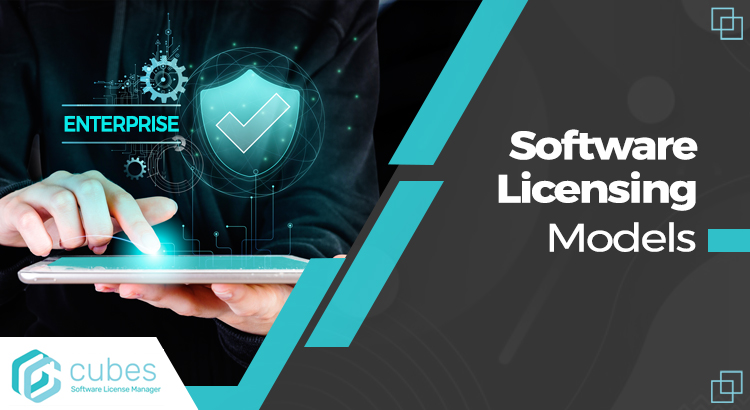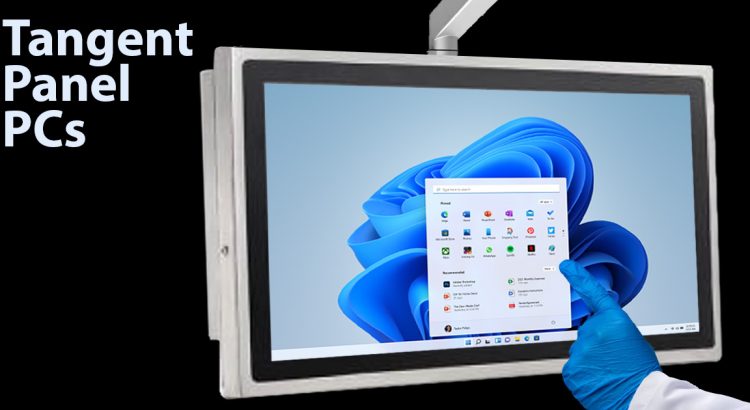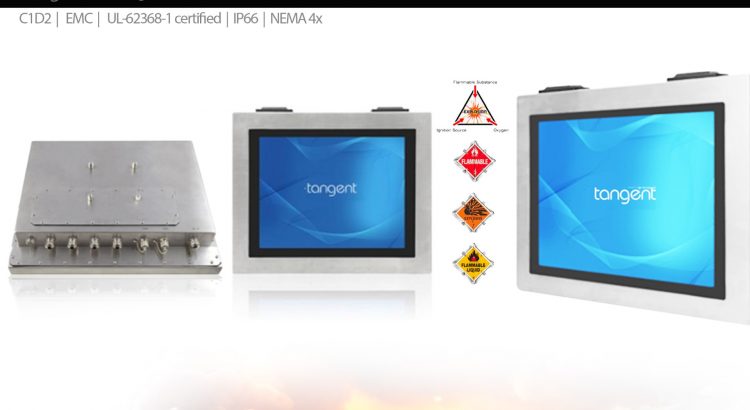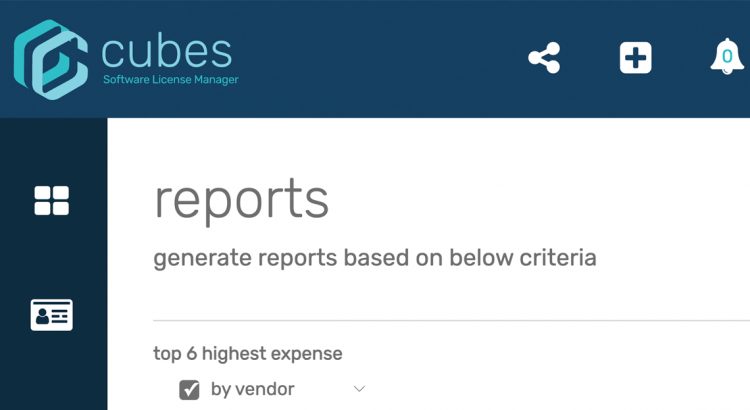An industrial computer, often referred to as an industrial PC, is purpose-built to handle complex industrial tasks. Crafted from industrial-grade components, enclosed in ruggedized casings, and rigorously tested for reliability, these industrial PCs excel in environments where standard desktop computers would falter. Key features of industrial PCs include: Ventless and Fanless Design: Industrial PCs are […]
Category: Industrial Computers

Software Licensing Models
The world of software licensing can seem overwhelming, with different types of software licensing models available to choose from. Each model has its own unique features and benefits, making it important to understand the differences before making a decision. In this article, we will examine the most common software licensing models. Whether you are a […]

Tangent’s Panel PCs
In today’s rapidly advancing world of technology, businesses across industries are constantly seeking innovative solutions to enhance productivity and streamline operations. As the demand for seamless human-machine interaction continues to rise, Panel PCs have emerged as an invaluable asset for various industrial applications. In this blog post, we will delve into the world of Panel […]

New Product Announcement: Industrial Explosion Proof VITA S C1D2 15″ and 22″ Computers
Tangent is thrilled to announce the release of its latest products, the Explosion Proof Panel PC, Vita S C1D1 15” and 22” series. Designed to meet the stringent requirements of hazardous environments, the Vita S Explosion Proof series computers have undergone rigorous testing to ensure safety, top performance, and offers the best solution for environments […]

License Management Software for Effective Software Asset Management
Software asset management (SAM) is a critical practice for businesses of all sizes. It involves managing and optimizing software assets to ensure compliance, reduce costs, and enhance operational efficiency. However, manual license tracking and compliance can be complex and time-consuming, leading to significant challenges for organizations. This is where license management software comes into play, […]
The Advantages of Industrial PCs in Manufacturing
Industrial PCs have become an integral part of modern manufacturing processes. With advanced computing power and robust design, industrial PCs are designed to withstand harsh industrial environments and offer a reliable and efficient computing solution. In this blog, we will discuss the advantages of industrial PCs in manufacturing. Durability and Reliability: Industrial PCs are built […]
How Industrial PCs are Revolutionizing Industrial Automation
Industrial automation has come a long way in recent years, and the rise of industrial PCs has played a significant role in this revolution. Industrial PCs are used to control and monitor a wide range of manufacturing processes, from assembly lines to robotic systems. In this blog, we will discuss how industrial PCs are revolutionizing industrial automation. […]
Choosing the Right Industrial PC for Your Manufacturing Needs
Manufacturing processes have become increasingly reliant on technology, and industrial PCs have become an essential component of these processes. However, selecting the right industrial PC for your manufacturing needs can be a daunting task. In this blog, we will discuss the factors you need to consider when choosing the right industrial PC for your manufacturing […]
Industrial PCs for Clean Room Applications
Clean rooms are critical environments used in industries like pharmaceuticals, biotech, and semiconductor manufacturing to maintain a controlled environment free of airborne contaminants. The stringent requirements for clean room environments make it necessary to use specialized equipment that can operate without causing contamination. Industrial PCs are an essential component in clean room applications, offering a […]
Clean Rooms and Industrial PCs: A Perfect Pairing
Clean rooms are critical environments that require specialized equipment to maintain a contamination-free environment. Industrial PCs are a perfect pairing for clean room applications, providing reliable and efficient solutions for controlling processes and data management. The strict cleanliness requirements of clean rooms make it necessary to use specialized equipment that can operate without causing contamination. […]
